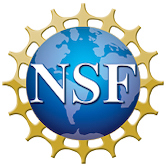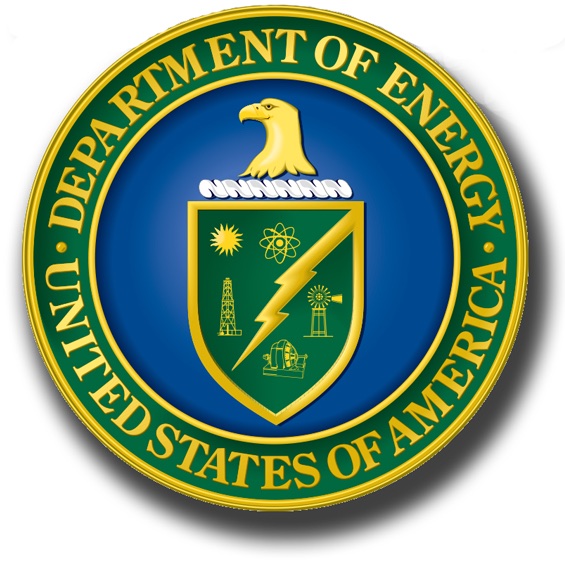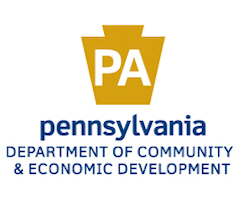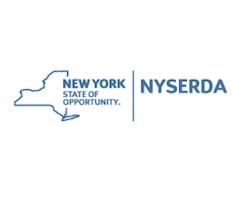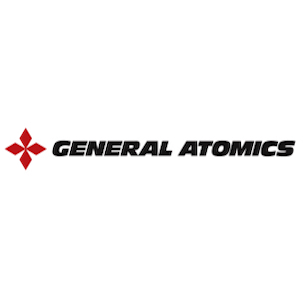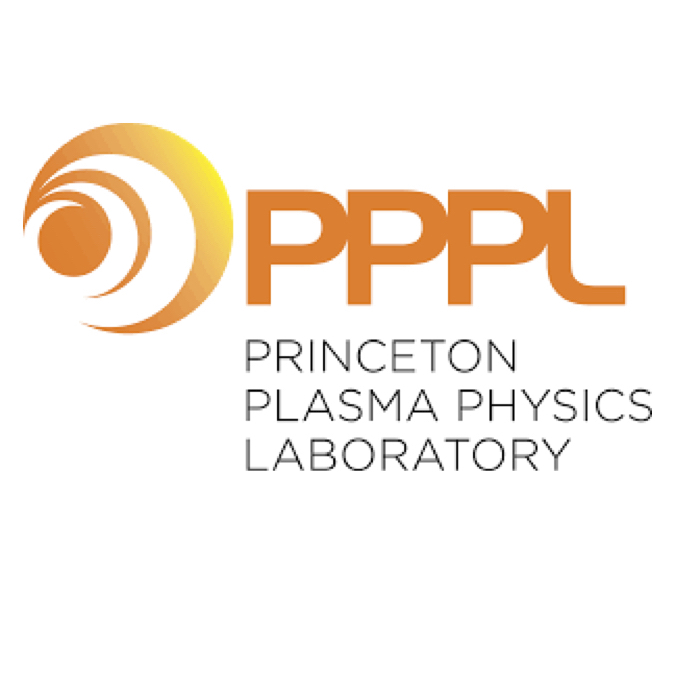Rapid Model-Based Scenario Optimization Using Machine Learning
S.M. Morosohk, B. Leard, T. Rafiq, E. Schuster
29th IAEA Fusion Energy Conference
London, UK, October 16-21, 2023
|
Abstract
|

|
In the past, much of the tokamak scenario development process used an experimental trial and error approach. This was an
extremely expensive process in terms of experimental resources. As predictive capabilities have improved, the process has been
expedited by testing proposed scenarios ahead of time using codes such as TRANSP, but these high-fidelity simulations are
often extremely expensive in terms of computational resources and unsuitable for computational optimization. Model-based
optimization approaches have previously been proposed using reduced models to enable fast computation. However, as the
models are simplified to solve the trade-off between prediction accuracy and computation time, the results of the optimization
become less physically relevant. Neural network models that replicate high-fidelity physics codes can run fast enough to be
useful for optimization while also retaining high accuracy and physical relevance. In this work, a model-based optimization
scheme for scenario planning is proposed using high-fidelity neural network models integrated into a computationally cheaper
simulation framework provided by COTSIM. This optimizer is able to discover actuator waveforms that produce the target
profiles chosen by the operator, allowing for much faster development of core plasma scenarios.
